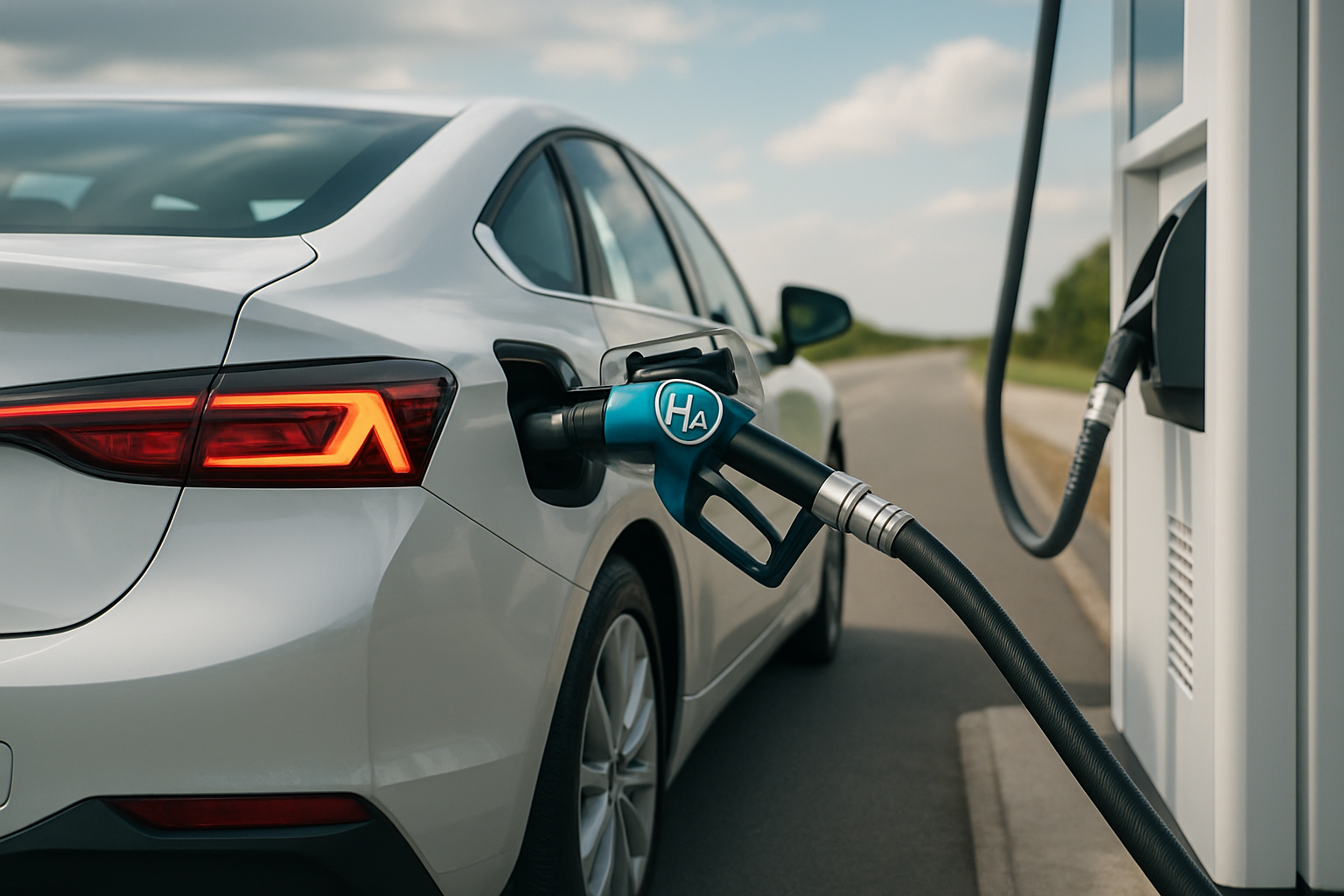Decoding the Future: Hydrogen Fuel Cell Vehicles
Imagine a car that only emits water vapor as it cruises silently down the road. Hydrogen fuel cell vehicles (FCVs) have been on the periphery of the automotive world for years, promising this clean, efficient future. Let's delve into this fascinating technology and see what it offers to the automotive world.

The Hydrogen Dream: A Historical Perspective
The concept of hydrogen-powered cars is not new. As early as the 19th century, inventors like Jules Verne dreamt of a future powered by hydrogen. The 20th century saw this dream materialize with the invention of fuel cells. NASA even used fuel cell technology in its Apollo missions. However, only in recent years, the automotive industry has begun to take serious interest in hydrogen fuel cells.
The Science Behind Hydrogen Fuel Cell Vehicles
In simple terms, a fuel cell combines hydrogen and oxygen to produce electricity. This electricity then powers an electric motor that drives the vehicle. The only byproduct of this process is water, making FCVs incredibly eco-friendly. However, the challenge lies in the storage and production of hydrogen. It’s a complex procedure requiring a lot of energy and sophisticated technology. This has been one of the primary reasons why FCVs are not yet mainstream.
The Current State of Hydrogen Fuel Cell Vehicles
Today, several leading automotive manufacturers are investing in hydrogen fuel cell technology. Companies like Toyota, Honda, and Hyundai already have FCVs on the market, while others like BMW and Audi are in the research and development phase. The industry is also witnessing a rise in start-ups focusing solely on hydrogen technology.
The Impact of Hydrogen Technology on the Automotive Industry
The potential benefits of FCVs are immense. They can significantly reduce our reliance on fossil fuels and help combat climate change. Additionally, they offer a driving experience similar to electric cars, with quiet operation and quick acceleration. However, there are also challenges. The infrastructure for hydrogen refueling is still in its infancy, and the cost of FCVs is currently higher than conventional cars.
Adapting to a Hydrogen-Powered Future
Despite the challenges, the future of hydrogen fuel cell technology looks promising. Governments around the world are investing in hydrogen infrastructure and offering incentives to adopt FCVs. As technology progresses and economies of scale kick in, the cost of FCVs is expected to drop. The day may not be far when we see hydrogen stations as commonly as we see petrol stations today.
In conclusion, hydrogen fuel cell vehicles offer a fascinating glimpse into a cleaner, more sustainable automotive future. While there are hurdles to overcome, the potential of this technology is undeniable. As we continue to strive for a greener planet, hydrogen might just be the fuel that drives us forward.






